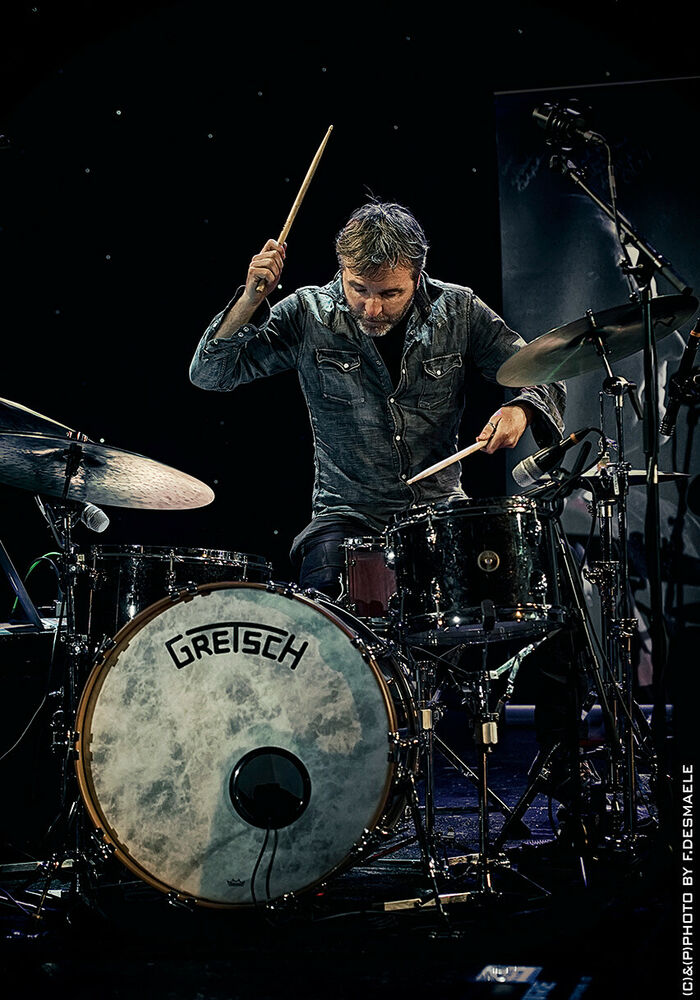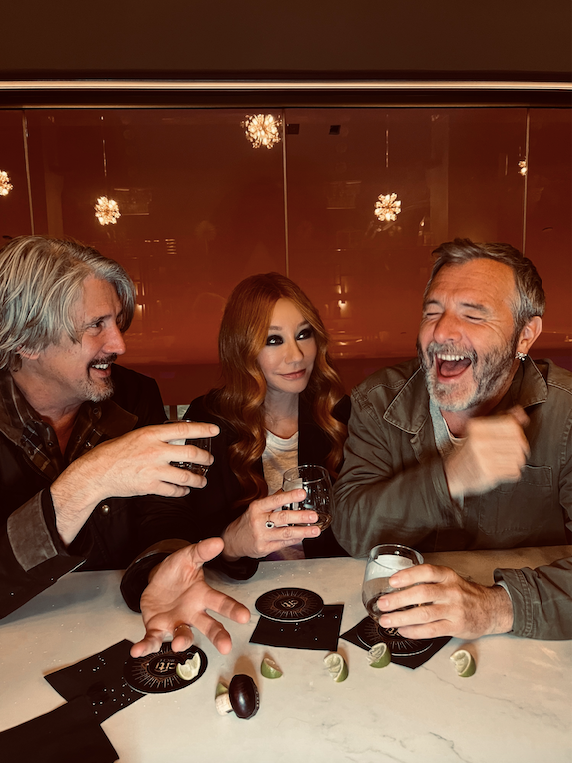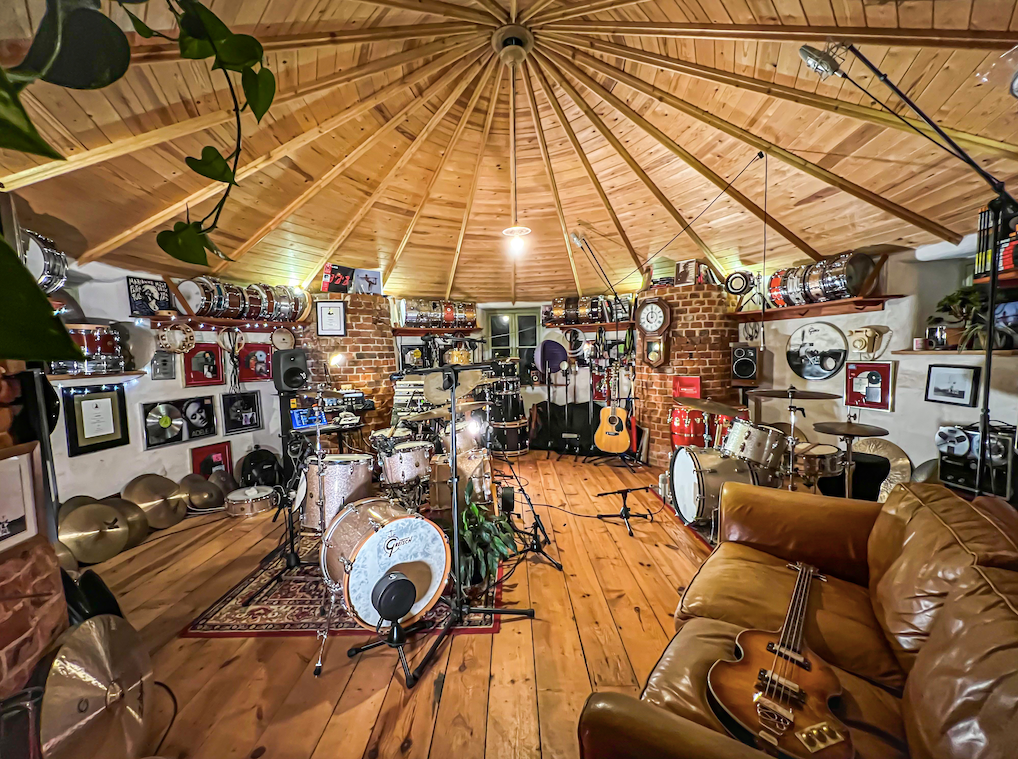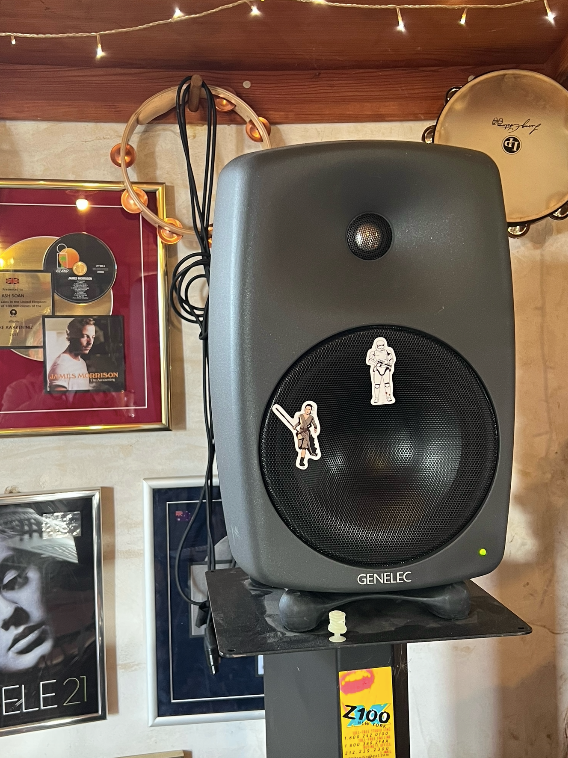British drummer Ash Soan mainly works out of a drum tracking studio in the base of an 18th century windmill in the Norfolk countryside where he’s tracked drums for artists including Alicia Keys, Ed Sheeran, Cher and Taylor Swift. On the live drumming scene, he’s played at Woodstock ‘94, supported The Rolling Stones, REM, Bon Jovi, Van Halen, Oasis and Bryan Adams at Wembley as a part of Del Amitri, and has toured as a session drummer for everyone from Robbie Williams to Dionne Warwick. He also played at the 2012 Olympic Games Opening Ceremony, was the house drummer on The Voice UK, and has played on films including Terminator Genisys and Mission: Impossible – Fallout and on numerous soundtracks for Hans Zimmer and Lorne Balfe.
He explains why major labels are “killing the golden goose” by not investing money into studio time for artists.
Given that you’re usually found tracking drums in your studio these days, how did you find adapting to touring again this year – especially after the pandemic?
I've been touring a lot this year, which has been really interesting because I thought I never would! My last proper tour before this year was with Sinead O'Connor in 2012. I did a couple of little things in between with Del Amitri but they were only very short UK tours.
I was the house drummer on The Voice for about seven years, and that was great because that coincided with my kids being small, so I was around more. Then my studio started to get quite busy pre-pandemic. I got offers for tours, but I never did it because I was doing the TV thing.
What was the experience like touring with Tori Amos this year, especially after being out of the touring circuit for so long?
I was like, “If I'm going to go off and disappear with anyone, it has to be credible music, and all the boxes have to be ticked”. Lo and behold, I got asked to tour with Tori, and she's fantastic. I'm really looking forward to going back out with her again next year.
Tori is remarkable in every way and it was amazing. It is one of the greatest tours I've done – people in the entourage and all of our crew…it's such a great family vibe and everyone was just happy to be there.
I was also slightly terrified if I would be physically able to do it, because it's knackering touring – it’s very physical. I never used to think about that until now – I’m older. Tori would do a two hour soundcheck and then a two hour show, so I'm playing quite a lot every day.
Plus her music is not just eight bars, then another eight bars, 16 bars, chorus, out – all good. You've got to think about what's going on, so mentally it was a bit of a load as well, but I managed it!






